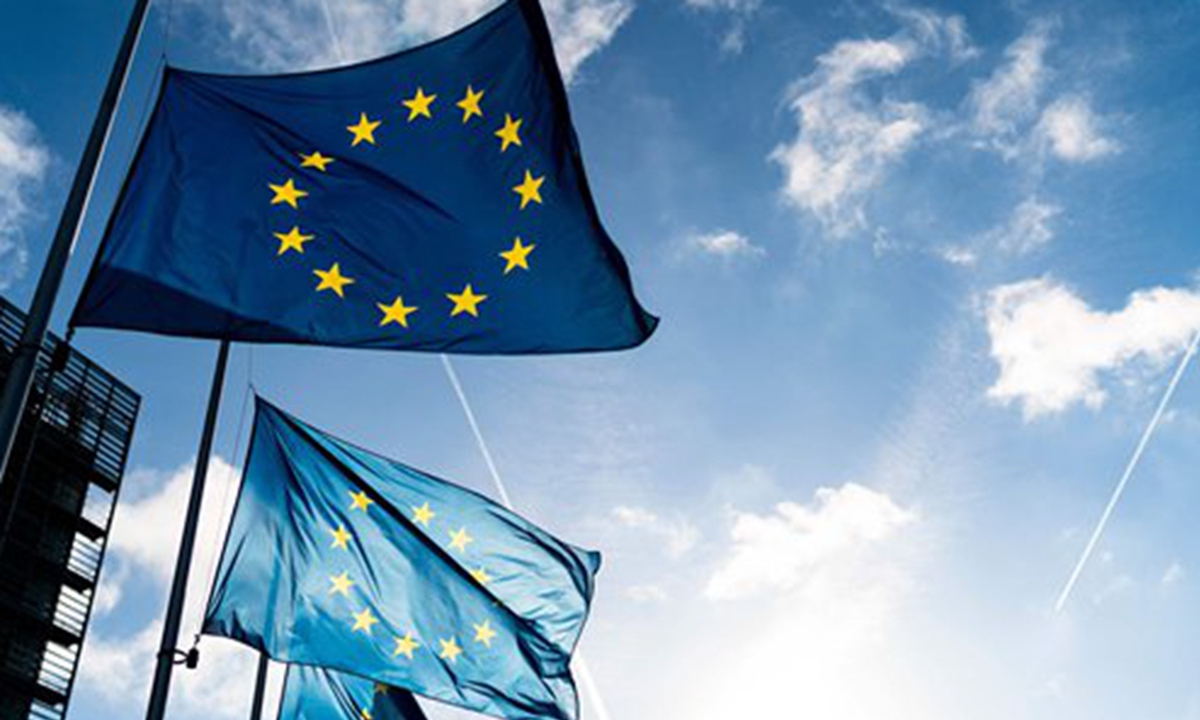highway guardrail making machine factory
作者:探索 来源:时尚 浏览: 【大中小】 发布时间:2024-05-06 09:51:49 评论数:

Photo: VCG
Thehighway guardrail making machine factory EU summit to be held from Thursday to Friday will discuss matters related to opening accession negotiations with Ukraine and Moldova, marking the EU's renewed focus on accelerating expansion since the end of the Cold War. Nearly 20 years after the last large-scale expansion, the need to "prepare for enlargement by 2030" has recently almost become a unanimous position of many leaders of the EU institutions and key member countries. This significant move shows the bloc is treating large-scale expansion as a "remedy" for a series of challenges, including the handling of geopolitical upheavals, the push for geoeconomic expansion and the dilution and transformation of internal conflicts.
How to deal with the profound changes in Europe's geopolitical reality caused by the Ukraine crisis is the most direct motivation for the EU to seek enlargement again. In addition to the immediate considerations for the current crisis, the longer-term plans made by major European countries such as France and Germany aim to use expansion as a development basis for the EU after the crisis. Furthermore, the bloc intends to actively participate in geopolitical competition and resist the penetration of other major powers into its periphery by quickly incorporating neighboring countries into a concentric orbit with the EU at its political core.
Against the backdrop of geopolitical conflicts that continue to erode and fragmentize the foundation of economic globalization, accelerating expansion also meets the EU's need to adapt to the trend of building an economic bloc by expanding the single market. A market expansion centered on the eurozone, with the European Economic Area as its support and the candidate countries of the EU as its periphery, can not only provide a larger market for EU products but also help maintain the security of the EU's supply and industrial chains.
As for the internal challenge, the EU seeks to link its enlargement with reforms in the bloc. There was not much effort made on enlargement by the previous European Commission in office from 2014 to 2019. This was based on the argument that enlargement would create more divergences and conflicts of interest in the EU, due to the European sovereign debt crisis and the refugee crisis. However, after a decade of "deepening integration" through internal reforms, these conflicts have only been further exacerbated. Therefore, the EU has significantly changed its approach to resolving internal conflicts - It now uses large-scale expansion plan to create external pressure in diplomacy and security fields that will ultimately lead to the reform of the bloc's decision-making mechanisms.
Nevertheless, the EU faces several obstacles in achieving its goal of benefiting from another large-scale expansion. First, the enlargement may encounter a strong backlash from Russia. Although it seems Moscow does not oppose European countries, including Ukraine, joining the EU as strongly as it opposes these countries joining NATO, Russia's attitude toward EU expansion depends on its assessment of the everchanging situation and the prospects of EU-Russia relations.
Second, the principles and seriousness of the accession process may be undermined, exacerbating inherent problems within the EU. If the EU wants to achieve large-scale expansion before 2030, it will have to lower standards in the political, economic and legal fields, compromising the seriousness of the accession process. Once too many considerations of expediency and convenience are mixed in and principles are compromised, the enlargement could potentially turn the EU into a "hodgepodge," and a "multi-speed Europe" could become a "stall-out Europe."
Third, with a large-scale expansion it is difficult to ensure the EU achieves geoeconomic expansion, but it will undoubtedly increase its economic and fiscal pressures and exacerbate internal interest divergences. Once the countries on the EU's enlargement waiting list are admitted, it will have a huge impact on the fiscal distribution pattern within the EU, since the economic strength of these nations is way too weak. As a result, countries benefiting from the EU's finances may suddenly find themselves in a position to contribute more to supporting others. It is obviously not a situation that they can accept easily.
Some 20 years ago, through its first large-scale expansion, the EU quickly grew into the world's largest economy and gradually played an increasingly important role on the global stage. However, amid the current adverse situation, the EU's attempt to seek a breakthrough and turnaround through another "big bang expansion" is undoubtedly a big gamble.
The author is a professor at the Institute of Regional and Global Governance at Beijing Foreign Studies University. opinion@globaltimes.com.cn
